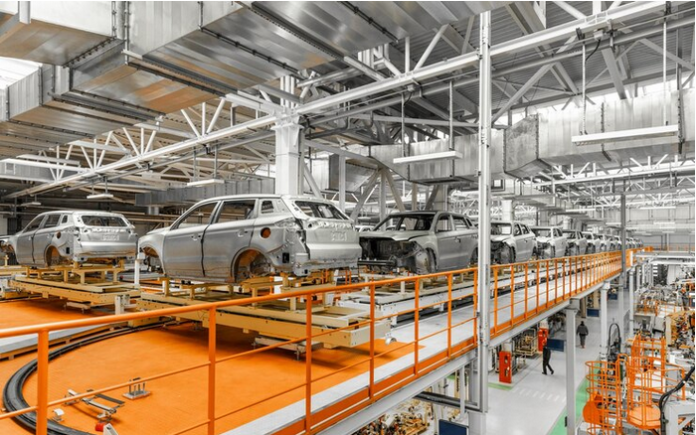Self-driving cars, once a futuristic dream, are rapidly becoming a reality, revolutionizing transportation as we know it. The impact of self-driving cars extends far beyond convenience, promising to reshape entire industries and urban landscapes.
At the core of this revolution is autonomous vehicle (AV) technology, driven by advancements in artificial intelligence (AI), sensor technology, and data analytics. These cars use a combination of sensors, cameras, radar, and lidar to perceive their surroundings and navigate safely without human intervention. The potential benefits are vast, from reducing traffic accidents and congestion to improving accessibility for people with disabilities and enhancing the efficiency of transportation systems.
One of the most significant impacts of self-driving cars is on safety. Human error is a leading cause of traffic accidents, but AVs have the potential to dramatically reduce the number of crashes. By eliminating human factors such as distracted driving, fatigue, and impaired judgment, self-driving cars could save thousands of lives each year and significantly lower healthcare costs associated with traffic injuries.
Moreover, self-driving cars have the potential to revolutionize urban planning and infrastructure. With the rise of autonomous ride-sharing services, cities may see a reduction in the need for parking spaces as AVs can drop off passengers and move on to the next ride without needing to park. This could free up valuable land for green spaces, affordable housing, or commercial development, transforming the urban environment.
The transportation industry itself is undergoing a seismic shift due to self-driving technology. Traditional automakers are investing heavily in AV research and development, partnering with tech companies to bring autonomous vehicles to market. This collaboration is leading to innovations in electric and hybrid vehicles, connectivity features, and mobility services that cater to changing consumer preferences and sustainability goals.
Furthermore, self-driving cars are poised to disrupt industries beyond transportation. Delivery and logistics companies are exploring AV technology to optimize last-mile delivery, reduce costs, and improve efficiency. Retailers and e-commerce platforms are considering autonomous delivery fleets to enhance customer experience and speed up order fulfillment.
The societal impact of self-driving cars is multifaceted. While they offer potential benefits such as increased mobility for seniors and people with disabilities, there are also concerns about job displacement in sectors like trucking and taxi services. Addressing these challenges requires thoughtful planning, investment in workforce training, and policies that ensure a smooth transition to an autonomous future.
In addition to safety and efficiency, self-driving cars promise a more seamless and connected transportation experience. Imagine a world where vehicles communicate with each other and with infrastructure, optimizing traffic flow, reducing congestion, and minimizing travel time. This level of connectivity can also enable new services such as predictive maintenance for vehicles, dynamic routing based on real-time traffic data, and personalized travel recommendations.
The regulatory landscape is another crucial aspect of the self-driving car revolution. Governments worldwide are grappling with how to regulate AVs to ensure safety, privacy, cybersecurity, and ethical use of AI. Standards for testing, certification, and liability are evolving as stakeholders collaborate to establish a framework that balances innovation with public trust and safety.
Ethical considerations around autonomous decision-making are also paramount. Self-driving cars must make split-second decisions in complex situations, such as avoiding accidents or prioritizing passenger safety versus pedestrian well-being. Developing ethical AI algorithms and ensuring transparency in decision-making processes are critical to gaining public acceptance and trust in autonomous technology.
As self-driving cars continue to evolve and become more widespread, they have the potential to transform not just transportation but entire societies. From reimagining cityscapes and business models to addressing long-standing challenges in mobility and accessibility, the impact of self-driving cars is profound and far-reaching. Embracing this technological revolution requires collaboration, innovation, and a commitment to creating a safer, more efficient, and sustainable future of transportation.








